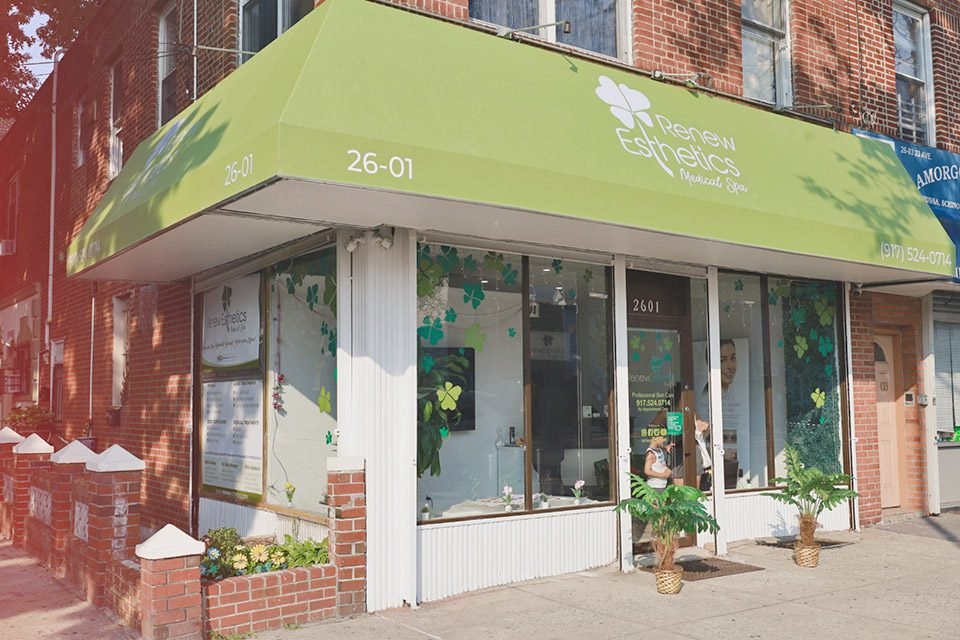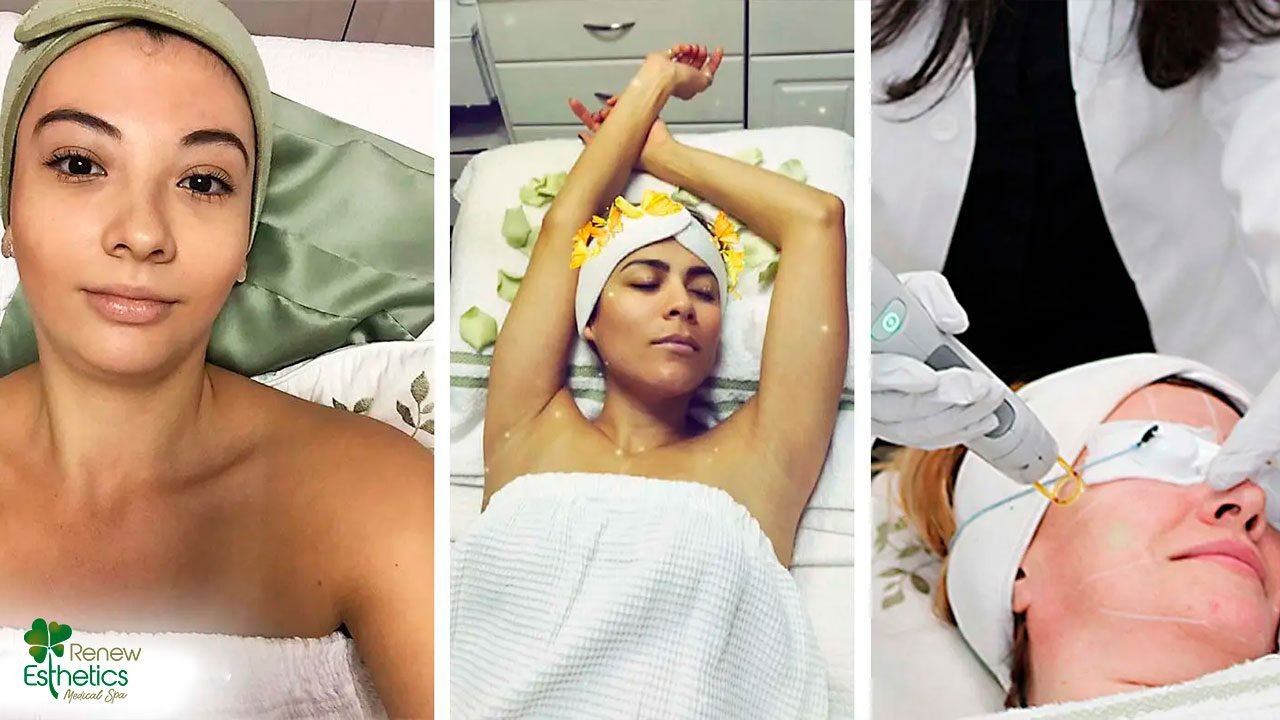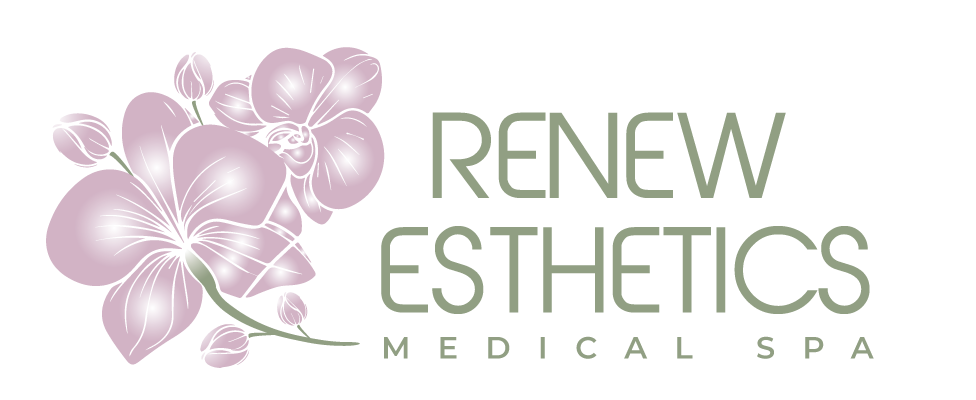As spring blooms and nature awakens, so too does allergy season. For many individuals, this time of year brings not only the beauty of blossoming flowers but also the discomfort of seasonal allergies. Among the myriad challenges posed by allergies, one common concern that arises is rosacea. As a leading medical spa dedicated to skincare excellence, Renew Esthetics aims to shed light on this prevalent skin condition, its association with allergies, and effective management strategies.
The Link Between Allergies and Rosacea:
Rosacea, characterized by facial redness, flushing, and visible blood vessels, is a chronic inflammatory skin condition that affects millions worldwide. While the exact cause of rosacea remains elusive, research suggests a correlation between allergies and rosacea flare-ups. During allergy season, heightened immune responses triggered by allergens such as pollen can exacerbate inflammation in the skin, leading to rosacea symptoms.
In addition to seasonal allergies, various factors can trigger or aggravate rosacea symptoms. Common triggers include spicy foods, hot beverages, alcohol, stress, and extremes in temperature. Identifying and avoiding these triggers can help minimize flare-ups and manage rosacea more effectively.
Managing Rosacea During Spring
 For individuals prone to rosacea flare-ups during spring, adopting a proactive skincare routine is essential. Here are some practical tips to help manage rosacea symptoms during allergy season:
For individuals prone to rosacea flare-ups during spring, adopting a proactive skincare routine is essential. Here are some practical tips to help manage rosacea symptoms during allergy season:
- Gentle Cleansing: Use mild, fragrance-free cleansers specifically formulated for sensitive skin to cleanse the face gently without stripping away natural oils.
- Sun Protection: Shield the skin from harmful UV rays by applying broad-spectrum sunscreen with SPF 30 or higher daily. Opt for physical sunscreens containing zinc oxide or titanium dioxide, which are less likely to trigger irritation in rosacea-prone skin.
- Hydration: Keep the skin well-hydrated with non-comedogenic moisturizers to maintain its natural barrier function and reduce redness and irritation.
- Avoiding Triggers: Identify and avoid personal triggers that exacerbate rosacea symptoms, such as spicy foods, hot beverages, and stressful situations.
- Seek Professional Advice: In case rosacea symptoms become aggressive or difficult to manage, it’s essential to seek guidance from a dermatologist or skincare expert. They can provide personalized treatment recommendations tailored to your specific skin needs.
- Professional Treatments: Explore advanced skincare treatments offered at Renew Esthetics Medical SPA, such as gentle facials, soothing masks, and laser therapies designed to reduce redness and improve skin texture.
As spring unfolds and allergy season looms, individuals with rosacea must be proactive in managing their skin health. By understanding the link between allergies and rosacea, identifying personal triggers, and implementing effective skincare strategies, it's possible to minimize flare-ups and maintain a healthy, radiant complexion throughout the season.

If you’re struggling with rosacea or other skin concerns exacerbated by spring allergies, schedule a consultation with the skincare experts at Renew Esthetics Medical SPA. Our team will work with you to develop a personalized treatment plan tailored to your unique needs and goals. Take the first step towards healthier, happier skin today.












